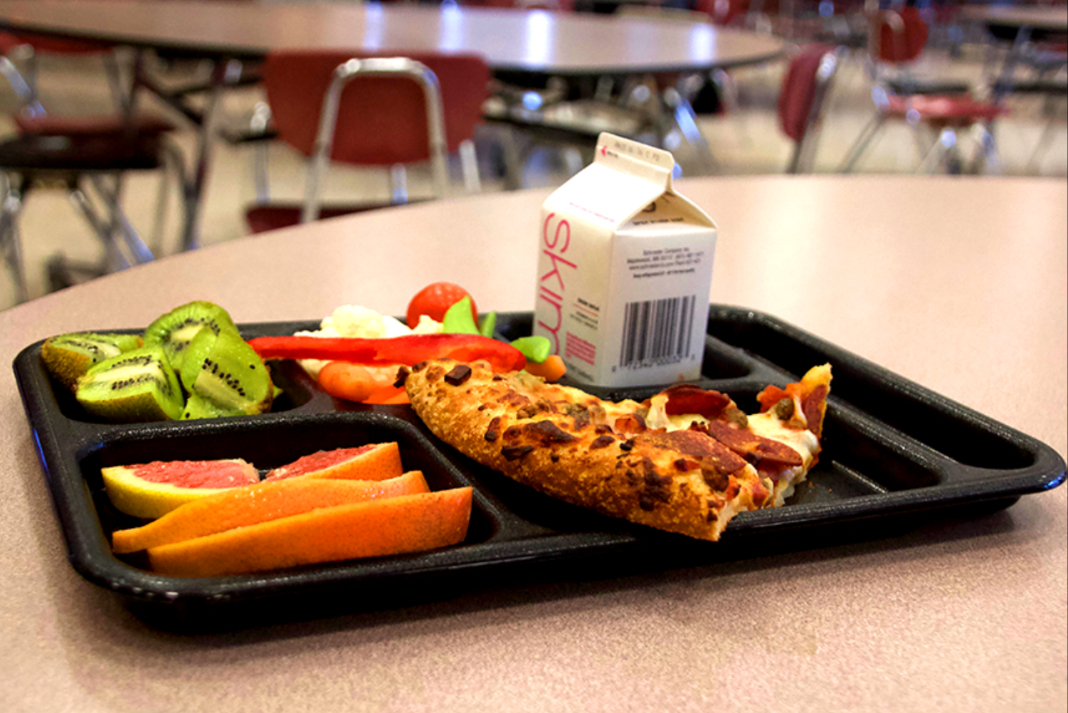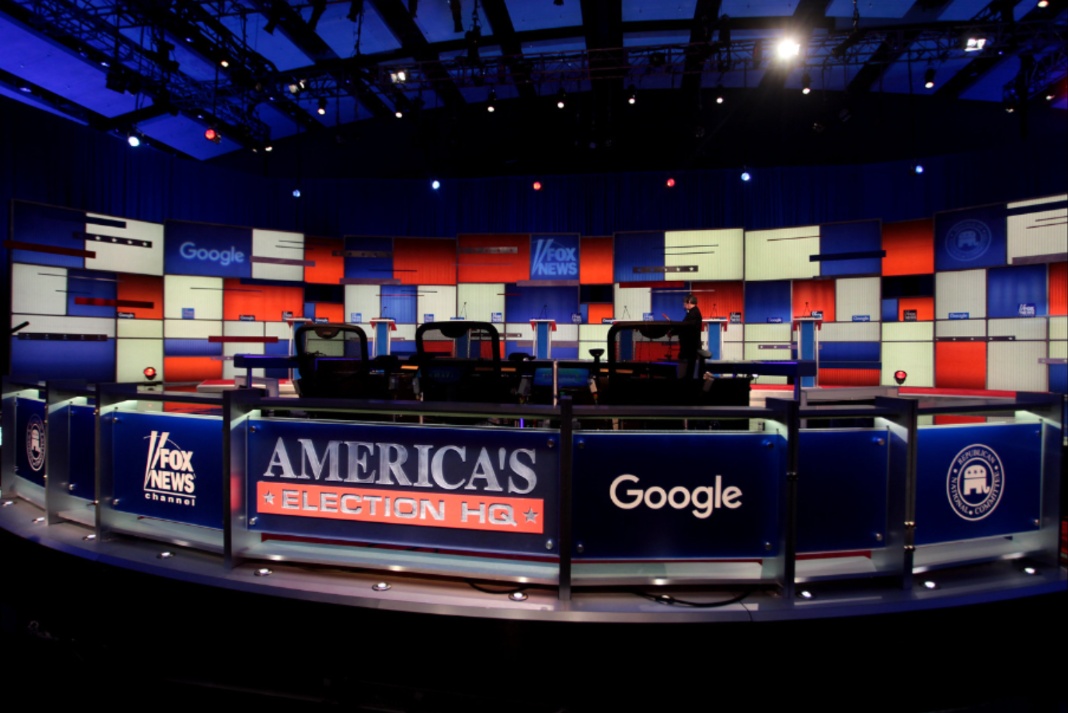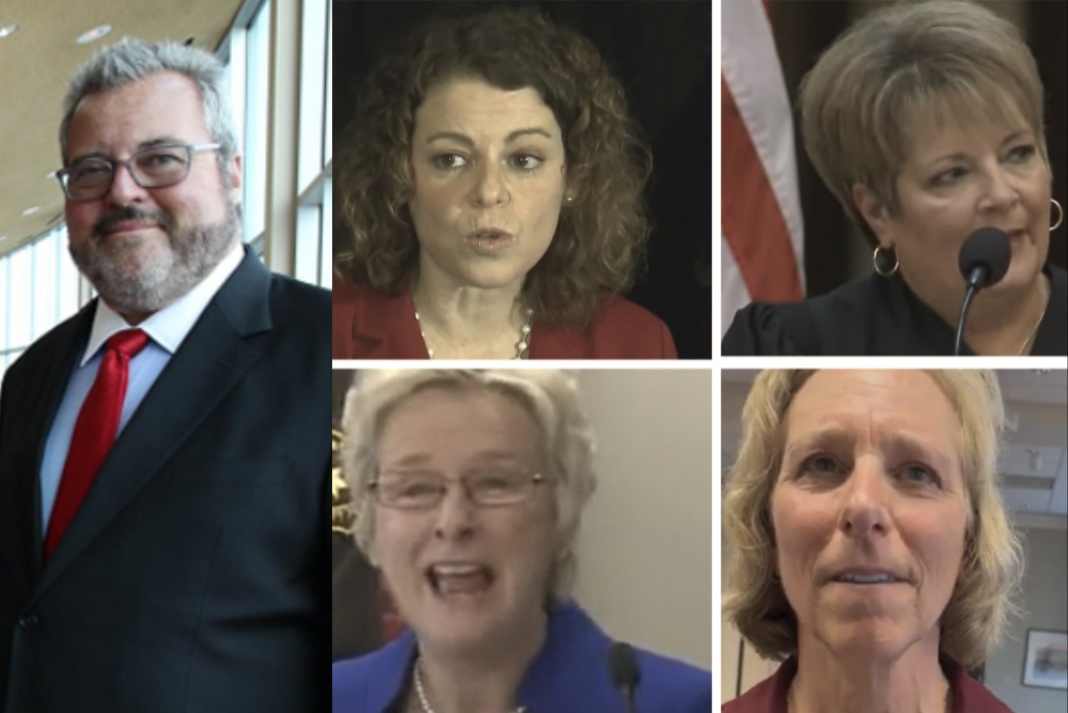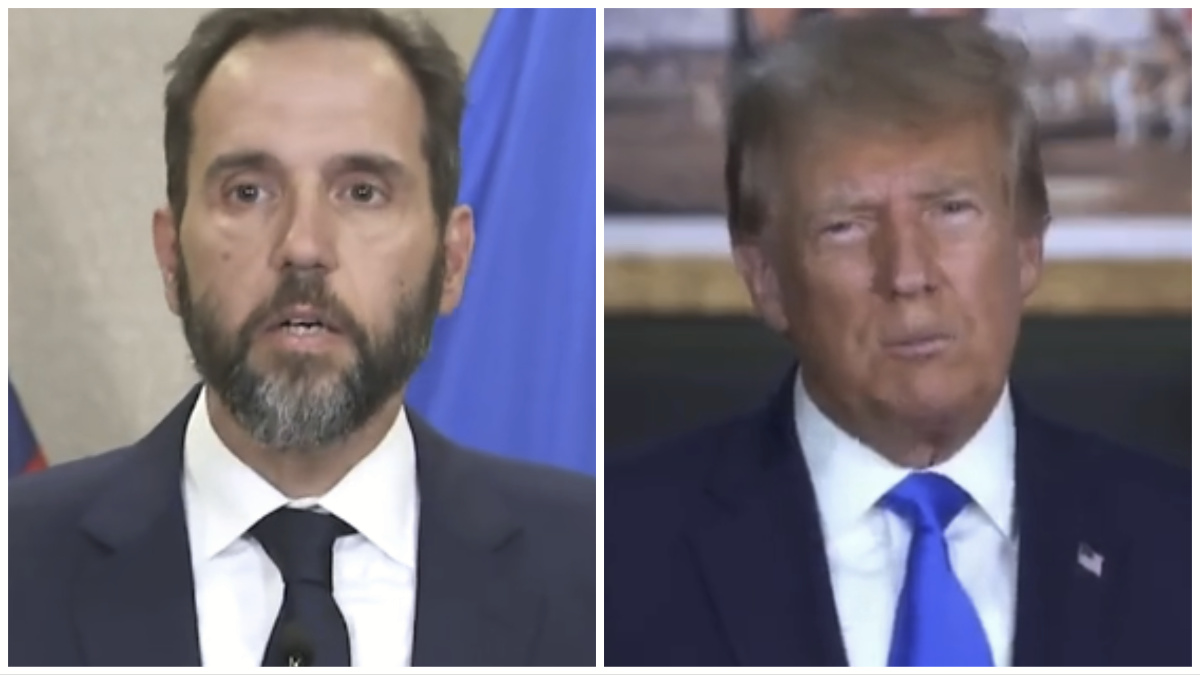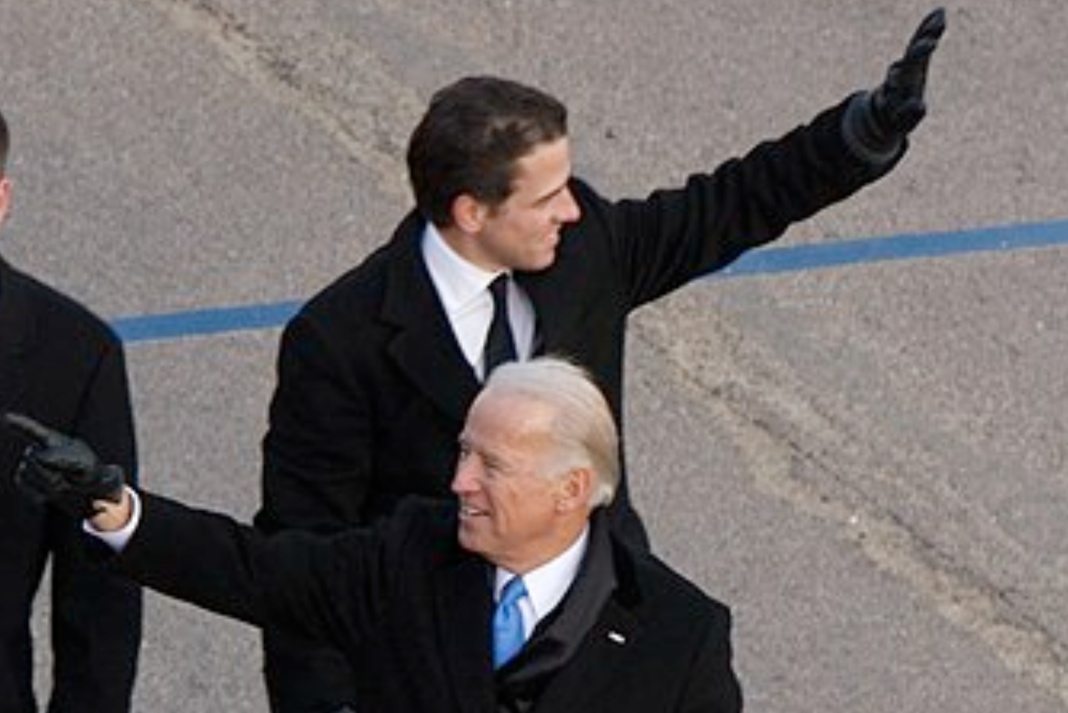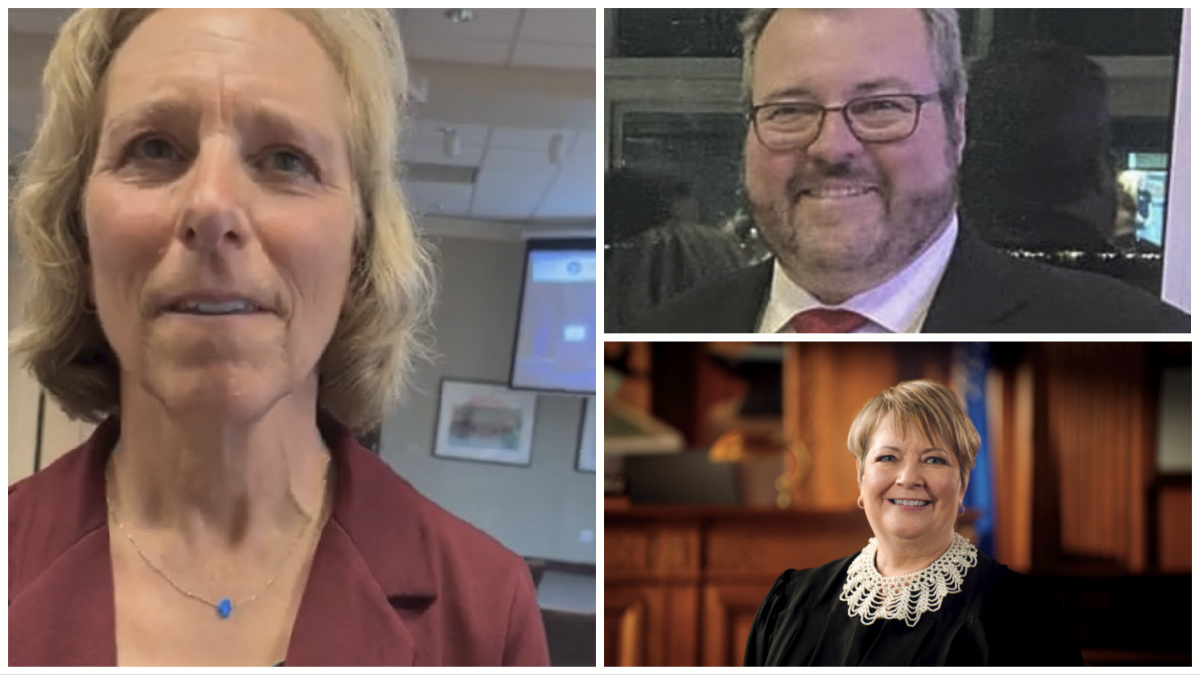The push for a universal free school lunch program in Wisconsin is running into opposition at the State Capitol.
Wisconsin’s Department of Public Instruction on Monday shared the testimony it plans to deliver to the legislature’s budget-writing Joint Finance Committee about its Healthy Meals, Healthy Kids initiative.
“As adults responsible for the well-being of Wisconsin’s children, we must ensure they are fed. This shows care, humanity, and a connected community,” Duy Nguyen, assistant state superintendent for the Division for Academic Excellence at the Department of Public Instruction, said. “Children should have access to free school meals.”
DPI wants to fully fund a free school lunch program, at the cost of $120 million for the second year of Wisconsin’s two-year state budget.
DPI claims that “over 40% of Wisconsin students are economically disadvantaged, and nearly 21% of the state’s children are considered food insecure.”
Kids from families who make less than $36,000 a-year currently get free school lunches, and kids from families making as much as $51,000 currently get reduced-price school lunches.
Sen Duey Stroebel, R-Cedarburg, who sits on the JFC, told The Center Square that families able to pay for their kids’ lunches should pay for their kids’ lunches.
“Taxpayers should not be on the hook for paying school lunches for families that could otherwise afford it. Wisconsin has finite resources – it’s important to make sure that students who are in the most need of free and reduced-price lunches are able to take advantage of this program as it was originally designed,” Stroebel said.
Stroebel said the expansion of school lunches during the pandemic is driving DPI’s desire. But he noted that he’s not the only one pushing back on the idea of universal free school lunches.
“I don’t recall anyone who thought this was a compelling cause before COVID-19, so returning to the pre-pandemic status quo should not be considered an affront to Wisconsin schoolchildren and their families. In fact, the Wisconsin Association of School Boards’ Delegate Assembly recently rejected a proposed resolution that called for increased state funding to establish a universal free school lunch program,” Stroebel added. “ Schools cannot and should not attempt to replace parents, but the adoption of a universal free school lunch program would be one more step in that direction.”
DPI will present its push for the new free lunch program at JFC’s budget listening sessions this week.


